Fitch Upgrades Global Container Shipping Outlook
Fitch has upgraded its outlook for global container shipping to “stable,” highlighting improvements in the oil and bulk shipping segments, despite geopolitical challenges, oversupply and new emissions regulations.
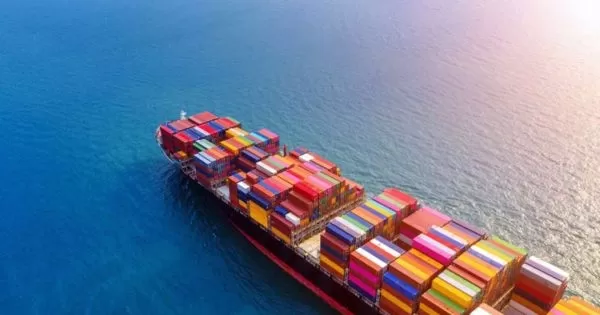
Source: FreePik
Fitch, a major credit rating agency that recently upgraded its outlook for the global container shipping industry, over the weekend changed its outlook for the global container shipping industry from “deteriorating” to “stable.”
“Shipping remains one of the most exposed sectors to geopolitical conflicts due to several choke points on key trade routes, its vital role in global supply chains and its limited ability to adjust effective capacity in the short term,” Fitch said in the foreword to its 2025 forecast.
The global shipping industry has benefited in 2024 from the continuation of existing conflicts (e.g., oil shipments benefiting from the war in Ukraine) and the emergence of new situations (disruptions in the Red Sea for container shipping). The reduction of geopolitical risks could normalize rising freight rates, but this process will take time even if disputes are resolved.
Since late 2023, major container lines and tankers have been diverting ships from the Red Sea – a vital trade route connecting Asia to the Suez Canal – to take the longer route around the Cape of Good Hope, after Yemen’s Houthi rebels began attacking vessels they said were linked to Israel.
While these attacks have generally decreased in recent months, US military forces twice this month foiled Houthi attacks on US-flagged commercial and naval vessels.
It is unclear how Donald Trump’s re-election will affect the situation in the Red Sea.
These diversions have added up to two weeks to some container routes connecting Asia, Europe, the Mediterranean and the US, taking capacity away from the global market and pushing up freight rates.
“Trade policy changes, particularly likely following the U.S. 2024 election results, present a visible risk in 2025 that could reduce demand for shipping companies,” Fitch said. However, “‘Just in case’ supply chain planning could still lead to a short-term spike in demand. Re-routing trade lanes may mitigate this demand risk.”
Fitch expects oil and bulk markets to remain stable, with notable improvement in the oil sector.
“Container shipping is on track to reach an oversupply situation in 2025 with new vessel deliveries and this is likely to keep reducing freight rates,” it added.
Stricter European Union emissions regulations continue to pose medium- to long-term risks, Fitch said, through increased compliance costs and investment requirements in both operating assets and supporting infrastructure. Dual-fuel vessels are becoming increasingly popular as operators place new orders with shipyards.
See more:
- Maersk: Lunar New Year, labor disputes and port congestion to challenge European shipping market in 2025
- Korean Air Completes Asiana Airlines Acquisition After Delays
- IATA: Air cargo volumes forecast to grow 5.8% in 2025
- Air Cargo Takes ‘Wait-and-See’ Approach to US Tariffs and Positive Demand Outlook for 2025
- Global Shipping Market Faces Growing Challenges
- Structure and market share of shipping alliances change in 2025
- ZIM Updates Trans-Pacific Network
- Asia-Europe Rates Rise with December GRIs
- International shipping and logistics market update - Week 49/2024
- Global Container Shipping Industry Profits to Rise 'Hugely' in 2024
- Trump Wins US Presidential Election – 10 Key Questions for Container Shipping
- COSCO schedules: Vietnam - North America in Dec 2024
- SITC updates Vietnam-Intra Asia sailing schedules in Dec 2024
- Pacific Lines updates domestic sailing schedules in Dec 2024
>> Find Freight Rates Here.
>> Find Logistics Companies Here.
Source: Phaata.com (via FreightWave)
Phaata.com - Vietnam's First International Logistics Marketplace
► Find Better Freight Rates & Logistics Services!
























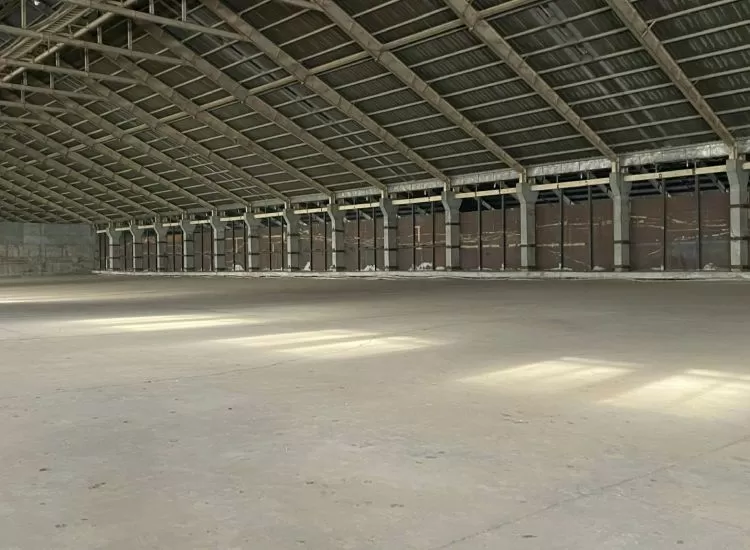

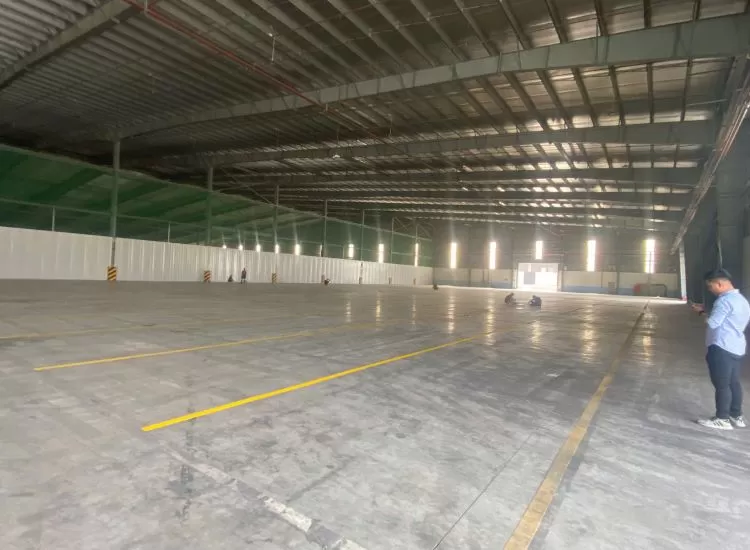

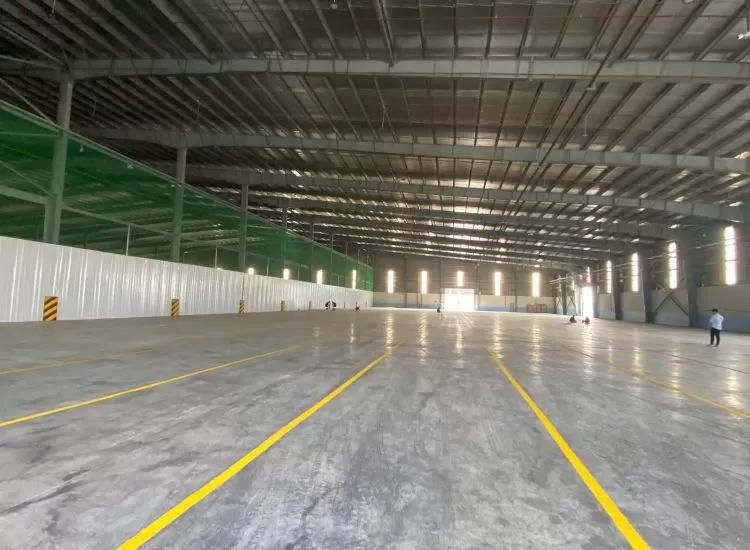
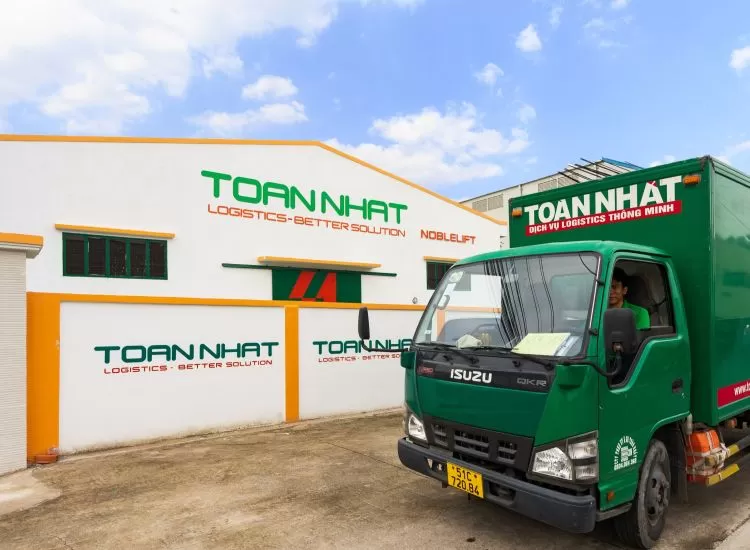
.webp)
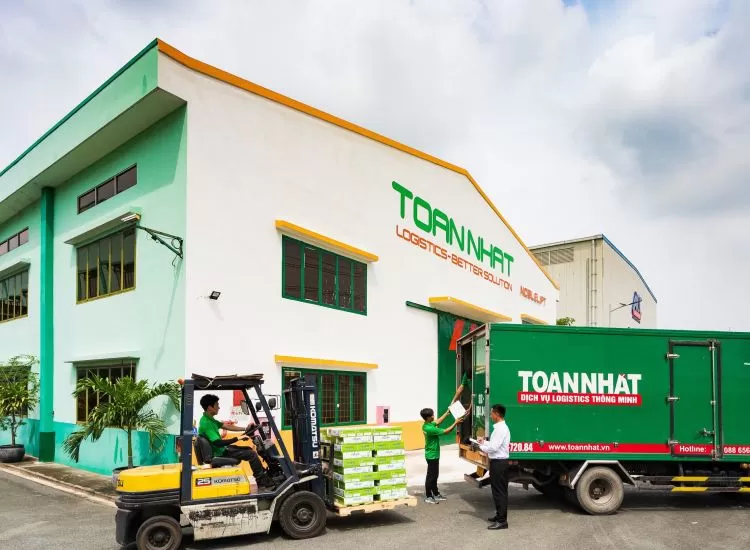
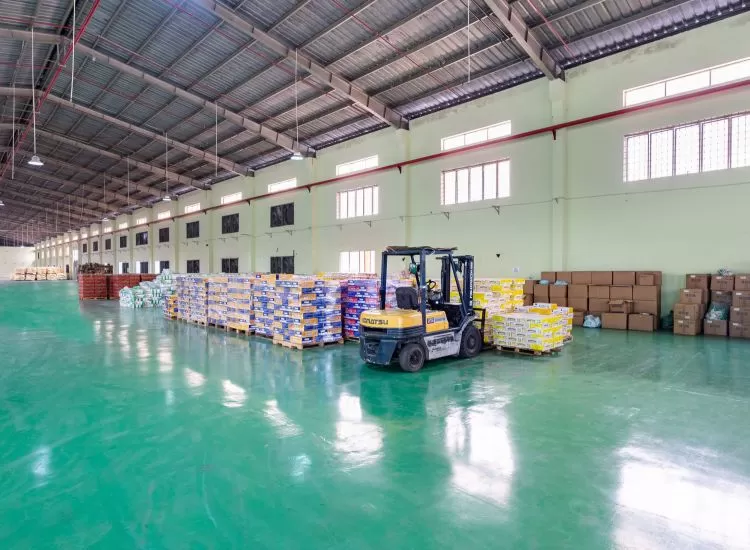
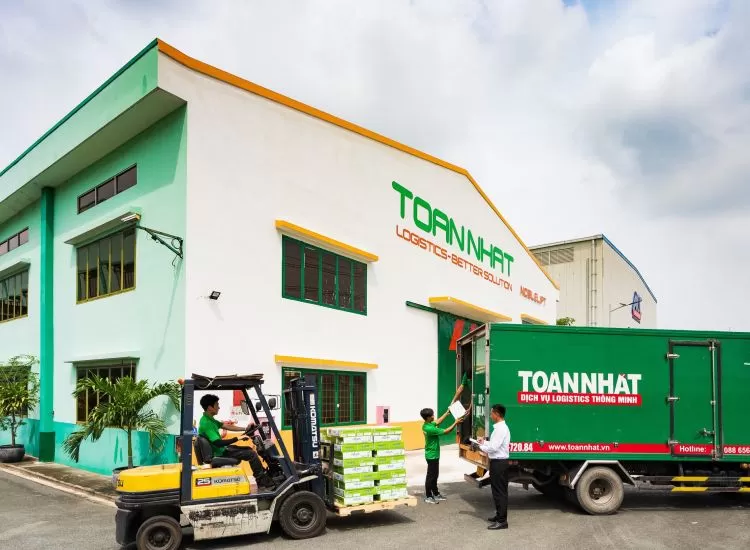
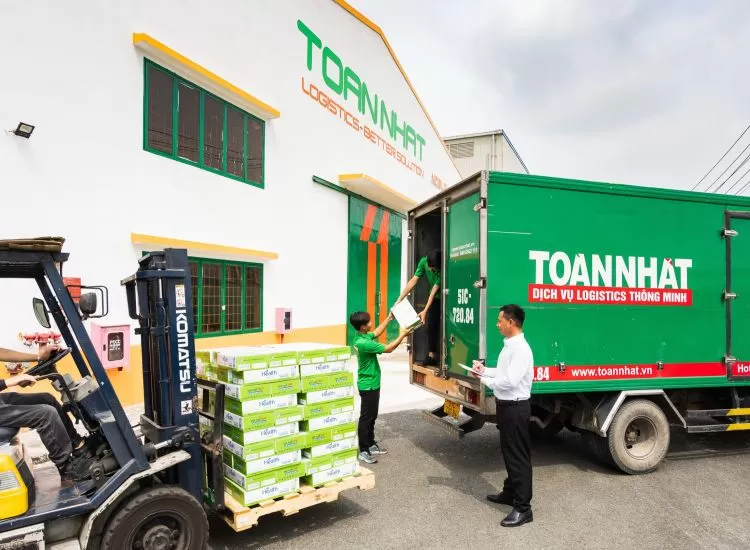




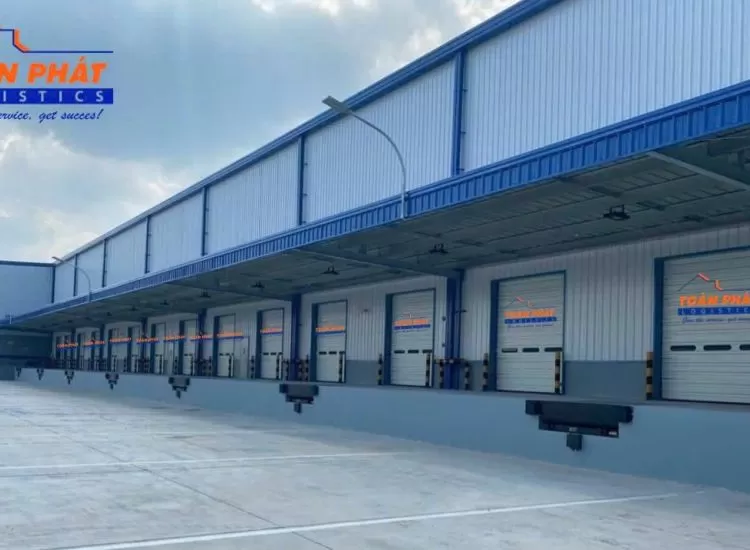
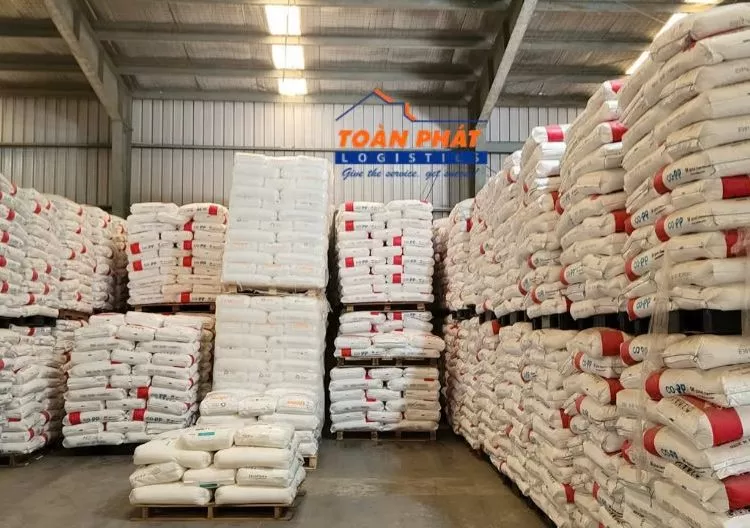
.webp)